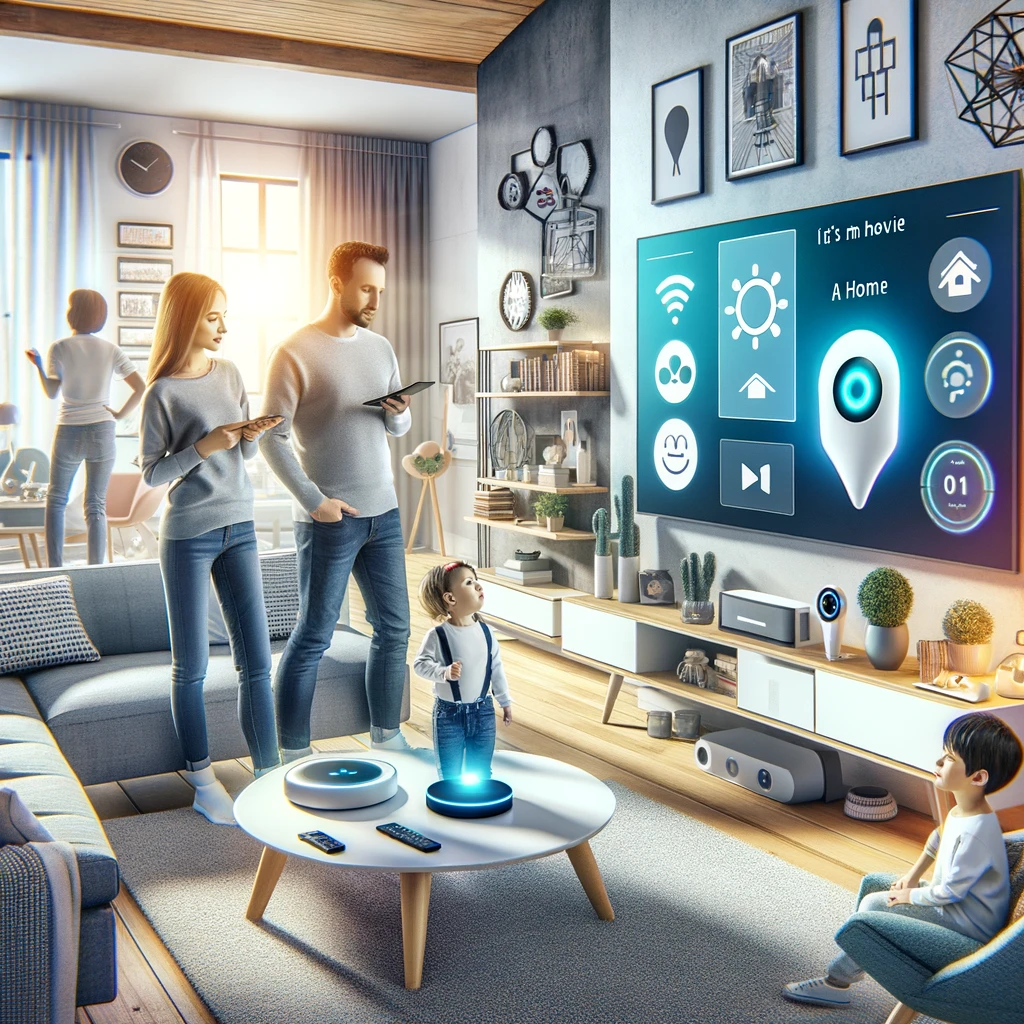In today’s digital era, artificial intelligence (AI) has moved beyond the realms of academia and science fiction to become a vital part of our daily lives. AI’s integration into everyday activities is transforming how we live, work, and interact with the world around us. From smartphones and smart homes to healthcare and customer service, AI technologies are enhancing efficiency and improving outcomes in numerous ways. This comprehensive guide delves into the various practical applications of AI that are having a significant impact on our day-to-day experiences.
Introduction
Artificial intelligence once conjured images of robots and fantastical machines, but today, it’s a reality that affects our everyday lives in myriad subtle yet profound ways. This post explores how AI is woven into the fabric of our daily activities, enhancing functionality, convenience, and efficiency.
The Role of AI in Daily Life
AI’s influence is omnipresent, from simple tasks like choosing the day’s outfit based on weather predictions to complex decisions like investing in stocks. Here’s how AI is embedded in various aspects of our daily routines:
Personal Assistants and Smart Homes
Voice-activated assistants like Amazon’s Alexa, Google Assistant, and Apple’s Siri use AI to understand and respond to user commands. These AI systems control smart home devices, manage calendars, play music, and provide real-time information, making daily tasks more manageable.
Navigation and Travel
AI-driven GPS systems such as Google Maps and Waze have revolutionized travel by predicting traffic conditions, suggesting optimal routes, and estimating arrival times. These applications use vast amounts of data and machine learning algorithms to streamline our commutes and reduce travel-related stress.
Health and Wellness
Wearable technology like fitness trackers and smartwatches use AI to monitor health metrics such as heart rate, sleep patterns, and physical activity. These devices provide personalized insights and recommendations, promoting healthier lifestyles. Additionally, AI applications in healthcare, such as diagnostic tools and personalized treatment plans, are significantly improving patient care and treatment outcomes.
Finance and Banking
AI is transforming the finance sector by powering robo-advisors that provide customized investment advice and portfolio management services at a fraction of the cost of human financial advisors. Banks and financial institutions use AI to enhance customer service through chatbots, detect fraud, and streamline operations.
Deep Dive into AI-Enhanced Services
Expanding on the above areas, let’s explore how AI is specifically enhancing various services and industries:
Retail and E-commerce
AI technologies are reshaping the retail landscape by enabling personalized shopping experiences. Online platforms use AI to analyze browsing and purchase history to recommend products that consumers are more likely to buy. In physical stores, AI-powered robots stock shelves and assist customers, improving efficiency and customer satisfaction.
Education and Learning
AI is revolutionizing education by providing personalized learning experiences. AI systems can adapt to individual learning paces and styles, offering customized resources and assignments that maximize student engagement and comprehension. Furthermore, AI-driven analytics help educators identify areas where students struggle, allowing for more effective interventions.
Entertainment and Media
In the media and entertainment sectors, AI is used to curate personalized content for users. Streaming services like Netflix and Spotify use AI algorithms to analyze viewing and listening habits, suggesting shows, movies, and music based on individual preferences. This customization enhances user engagement and satisfaction.
Security and Surveillance
AI enhances security measures through facial recognition technology and anomaly detection systems. These AI solutions monitor and analyze video feeds in real-time, identifying potential threats and alerting authorities, thereby increasing safety and security in public spaces and homes.
The Future of AI in Everyday Life
Looking forward, AI is set to become even more integrated into our daily lives. Innovations in AI technology promise more seamless interaction between humans and machines, potentially leading to new ways of managing our homes, health, and finances. The ongoing development of AI will continue to bring sophisticated solutions that simplify complex processes, making everyday tasks even easier and more efficient.
Conclusion
Artificial intelligence is no longer just a futuristic concept; it’s a practical reality that impacts our daily lives. As AI technology continues to evolve, its applications will expand, enhancing our everyday experiences and offering new levels of convenience and efficiency. Embracing AI’s potential will enable us to navigate a world where technology and daily life are increasingly intertwined.

